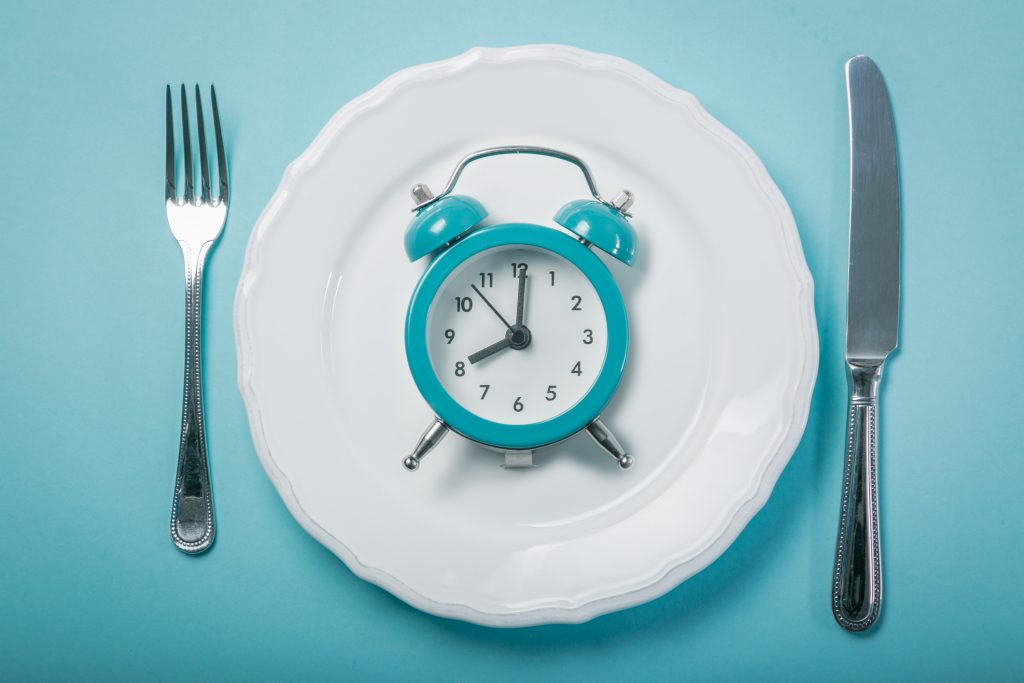Do you know why your mother used to pester you for breakfast? When you think about it, the real meaning of the breakfast means ‘breaking the fast’ in the morning as the body remains devoid of any food since dinner the previous night.
When you go to your school, college or workplace without eating breakfast, you tend to become snappy and seem to be low on energy.
Why is breakfast important?
It helps people think better. It improves your concentration as in most cases, people are hungriest in the morning, but it differs from person to person.
People who are following sporadic fasting delay their breakfast up till noon and sometimes even later than that. To follow sporadic fasting, one has to fast for 15-18 hours after which you can eat anything you want.
Nutritionist Anupama Menon said: “Breakfast is a very important meal of the day. I never missed my breakfast as a kid because it gave me energy for the day.”
“Intermittent fasting essentially means skipping your breakfast. While we cannot vouch for the fact that it is completely wrong, every person has to try what works for his/her body”, she added.
It’s all about how you feel after fasting. If you feel tired, fatigued and your digestion goes out of control, you need to stop fasting for 16 hours and do 14 hours instead. And even if you are thinking that 14 hours is also not suitable for you, you may bring it down to 12 hours.
Sporadic fasting is not just 16 hours fast. It may vary between 8 hours-18 hours, based on a person’s comfort zone. Comfortability is the most important thing in every diet.
To reach your goal, you need to follow the path for a long time to achieve health benefits.
PNN
